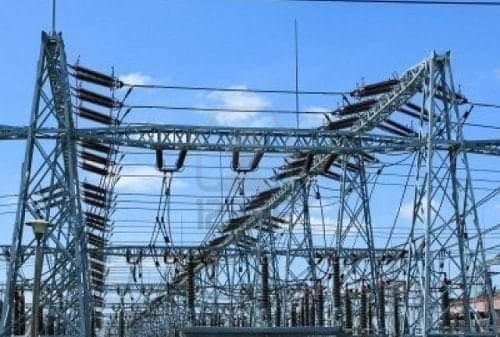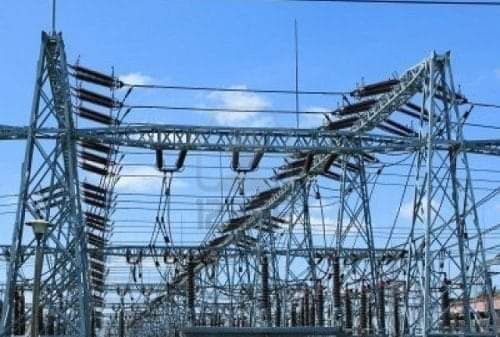
In Nigeria, where the echoes of economic woes, unreliable power supply, dilapidated infrastructure, and rising insecurity reverberate, the allocation of resources often raises eyebrows and questions about the government’s priorities. Recent revelations have spotlighted the glaring disparities in expenditure, shedding light on what seems to be a misalignment between the needs of the people and the allocation of government funds.
A prime example of this misplacement of priorities is the stark contrast between the investment in infrastructure and the expenditure on non-essential activities. Take, for instance, the Geometric Power Plant in Aba, built at a staggering cost of $800 million, approximately equivalent to ₦10 billion today. This colossal investment could have catalyzed significant progress in addressing the nation’s chronic power deficit, yet it stands as a monument to misplaced priorities. Meanwhile, the federal government’s subsidy for Hajj this year balloons to an exorbitant ₦90 billion, a figure that could have funded the construction of nine such power stations in different states across the country. The irony is stark: while infrastructure crumbles and power remains elusive to many Nigerians, extravagant expenditures on non-essential activities persist.
As the newly elected Nigerian National Assembly assumes its pivotal role, the imperative to realign priorities with the pressing needs of the populace becomes increasingly urgent. Economic turmoil grips the nation, with inflation soaring and extreme poverty deepening. The recent removal of fuel subsidies only exacerbates the plight of the people, underscoring the necessity for pragmatic economic policies aimed at job creation, poverty alleviation, and the eradication of systemic corruption.
Moreover, the perennial issue of power supply continues to haunt the nation despite successive governments’ purported commitments. An estimated ₦11 trillion ($14 billion) has been funneled into the electricity sector since 1999, yet the promise of reliable power remains elusive. It is imperative that the National Assembly spearheads legislative reforms to revitalize the power sector, ensuring equitable access to electricity for all Nigerians.
Infrastructure, particularly the road network, stands as a testament to neglect and decay. While strides have been made in road construction and rehabilitation, much remains to be done to bridge the infrastructure deficit plaguing the nation. The National Assembly must prioritize infrastructure development, leveraging public-private partnerships and innovative financing mechanisms to expedite progress and stimulate economic growth.

In tandem with economic and infrastructural reforms, addressing the escalating security crisis is paramount. Nigeria grapples with pervasive insecurity, exacerbated by terrorism, banditry, and communal conflicts. The National Assembly must enact comprehensive security legislation, bolster security forces’ capacity, and institute holistic approaches that address the root causes of insecurity, including social and economic disparities.
In conclusion, Nigeria stands at a crossroads, grappling with multifaceted challenges that demand decisive action. The newly elected National Assembly holds the key to charting a path towards prosperity and stability. By reorienting priorities towards the economy, power supply, infrastructure, and security, the assembly can herald a new era of progress and opportunity for all Nigerians. The time for action is now; the future of the nation hangs in the balance.